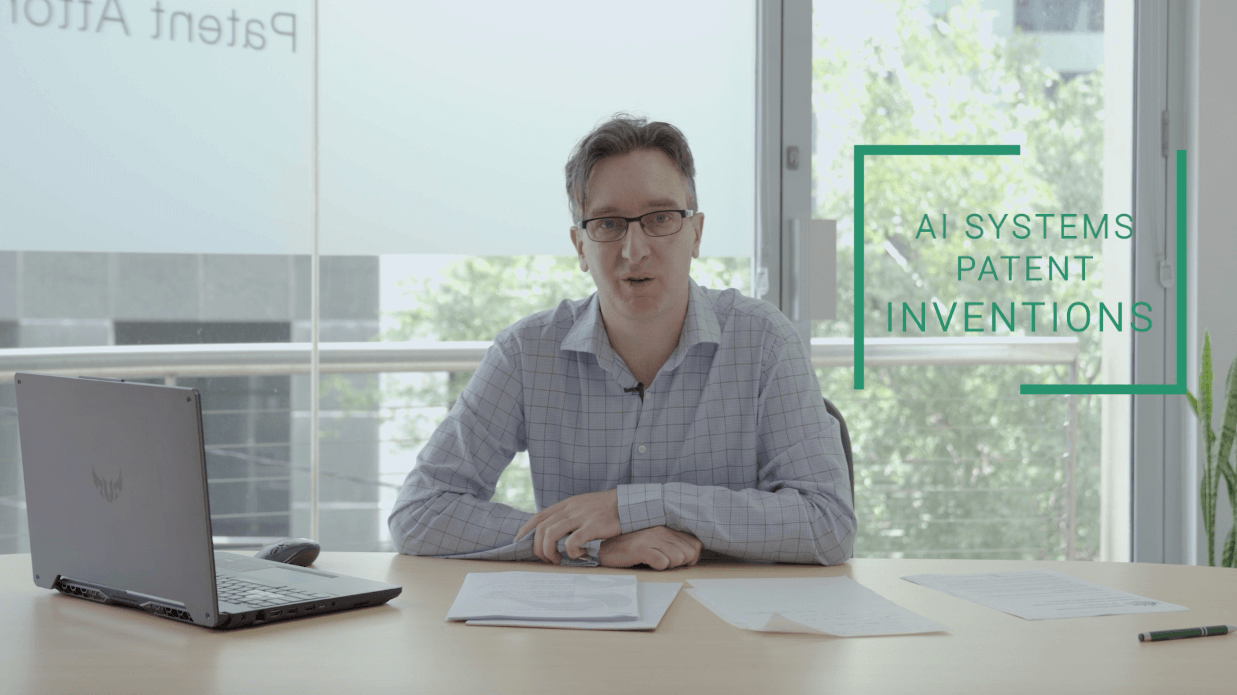Imagine your product becoming so popular that its name starts to refer to the whole class of products it comes from, like “glad wrap” is now a term for cling film. This is know as genericide and is a massive problem for companies with valuable IP as part of their brand.
Why is this an issue and what are some famous examples?
Why is genericide a problem?
Why is having your brand name become a generic term for an entire class a products a problem? At first glance it might seem like this is a good thing. After all, a brand has to be incredibly popular for its name to become understood as referring to every product in that class.
But that gets right to the nub of the issue – when a brand name comes to refer to the product class, it’s no longer effective at distinguishing the company’s product in the eye of the consumer. If all adhesive bandages are “band-aids”, someone asking a pharmacist to purchase some could be meaning the plaster brand owned by Johnson & Johnson, or they could be just talking about any generic adhesive bandages. Whatever the case is, the point is that the brand’s product is no longer appreciably distinguishable from the overall class of products – a nightmare for a company trying to sell its wares.
Losing legal protection
Perhaps worse still than this overall erosion in value is the loss of legal protection that can sometimes follow. The extent to which this occurs is less so in Australia than in the US, where many of the famous cases originate.
This is because in the US the test for whether a term has become generic is consumer-focused – does the term still distinguish one company’s product in the eye of the consumer? In Australia, however, the test is industry-focussed – do players in the relevant industry still understand the term as referring to a specific company’s product? This makes legal protection for potentially genercised terms in Australia to be somewhat more resilient.
 Is this a “band aid” or an “adhesive bandage”?
Is this a “band aid” or an “adhesive bandage”?What are some famous examples of genericide?
The world is full of examples of once unique brands that lost their value to genercide:
1. Thermos – this term for a vacuum flask was initially sold under trademark rights to three companies to produce to product, but became genericised in the US in 1963. However, it’s still a protected trademark in some countries.
2. Xerox – the company itself went to great pains in the 1970s to try and stop people using the word as a verb meaning “photocopy”.
3. Escalator – once a specific model of motorised stairways, escalator became a generic term partly at its manufacturer’s hand; they used the word next to elevator in advertisements, encouraging the generification of word themselves.
For more information on how you can protect your business’s trademarks and brand identity, get in touch with the team at Alder IP today.


